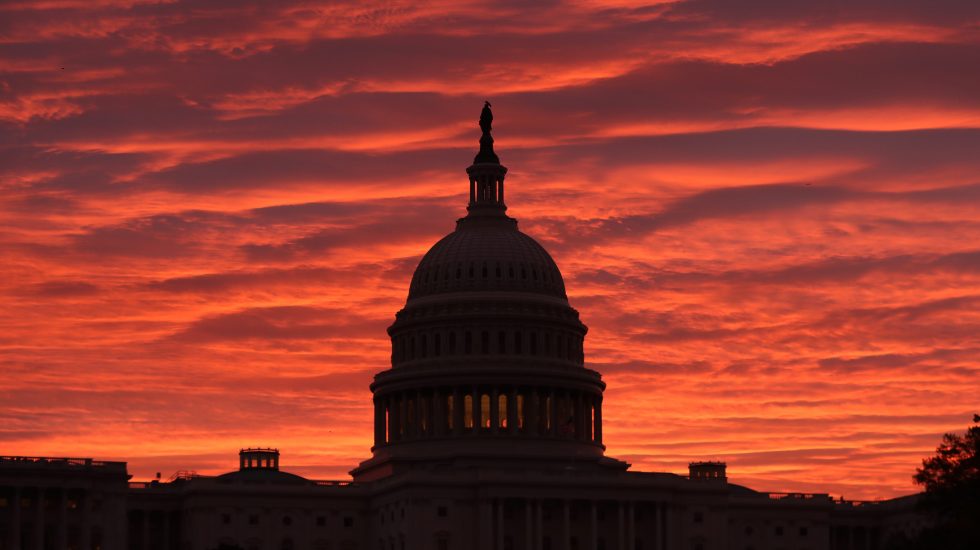What did we learn yesterday? The Democrats have a very strong case against Donald Trump. The New York Times called it “meticulous and scathing.” But does it matter?
According to reporters witnessing the impeachment trial in the Senate, many of the jurors paid close attention to the testimony, as if hearing it for the first time. But the majority of Senators apparently didn’t seem that interested. CNN’s Brian Stelter noted the reaction to that from MSNBC:
| “After the first day of opening arguments concluded, MSNBC hosts Chris Hayes and Rachel Maddow went after senators who didn’t appear to be paying close attention to the proceedings. Hayes noted, “This is literally their job.” He then said, “If you find it too annoying or frustrating or uncomfortable to sit for eight hours and listen, you can resign tomorrow and go get another job.” Maddow added, “There is something to be said for the civic example that they could fake. You don’t have to believe it, but fake it for the sake of your country.“ |
Cameras are controlled by the Senate so we’re relying on a few reporters in the gallery to tell us what the cameras don’t show.
The Democrats continue to present their case Thursday and Friday. White House lawyers will open on Saturday. We won’t know until next week if new witnesses or documents will be allowed. Politico’s Playbook writes:
| “As far as we know, there are no plans to allow those Republicans who are troubled by Trump’s actions in Ukraine to express their disapproval in some formal way — be it a resolution or another official action. All they can do is go on the record with their concerns. What this means is that unless the dynamics in the Senate change in the coming days, or something jolts the proceedings — John Bolton coming forward with shocking new information, for example — the U.S. Congress will soon say it’s OK to use the power of the presidency to conduct opposition research on an opponent.” |
